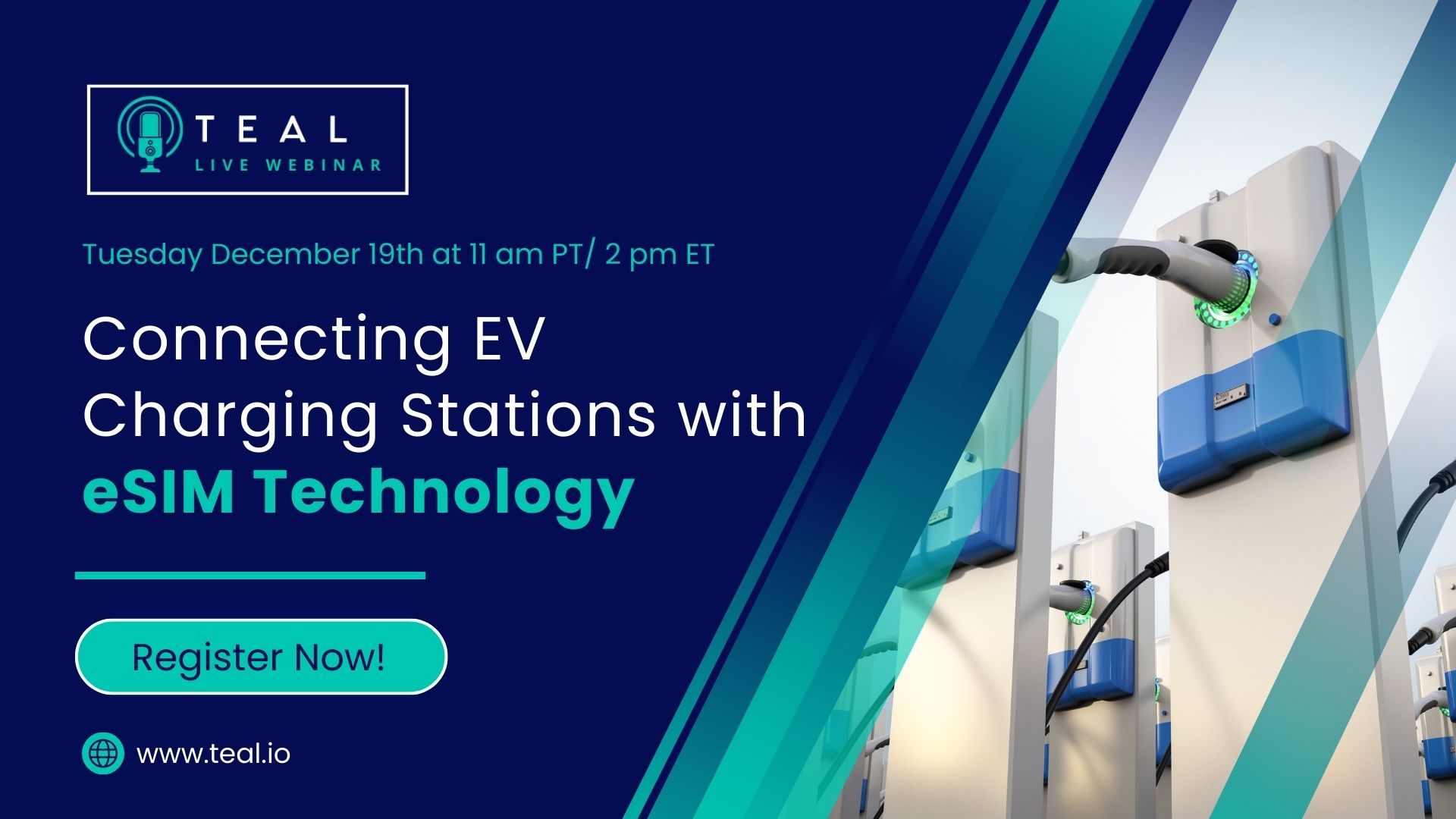Why Do So Many EV Charging Stations Not Work?

Electric vehicle (EV) sales climbed above the 1 million unit mark in the US in 2023 and with EV adoption on the rise, the need for a vast network of reliable charging stations is more critical than ever. That said, nearly a quarter of the EV charging stations that have been installed to date are not working. This is a major hindrance that will negatively impact the adoption of EVs. “Mass consumers who have a lot of charging anxiety,” said Ford CEO Jim Farley. “They don’t have range anxiety; they have charging anxiety.” It only takes one or two friends, coworkers, or neighbors who arrive at a public charging station with an EV battery running low to find the station isn’t working—or won’t connect to their car—before new-car shoppers decide EVs are too risky. To get wide public adoption, EV charging has to be at least as reliable as gas stations. A J.D. Power report this past May quantified the problem: “Through the end of Q1 2023, 20.8 percent of EV drivers using public charging stations experienced charging failures or equipment malfunctions that left them unable to charge their vehicles.” The numbers were worse in a study of EV chargers in the San Francisco Bay Area last year that found almost one-quarter of them didn’t work due to “unresponsive or unavailable screens, payment system failures, charge initiation failures, network failures, or broken connectors.”
Based on network data monitored across the United States this year, the most common reasons for failed EV charging sessions is failed charging station connectivity. In fact, the data suggests that more than half (55%) of all charging failures come from a station not being able to connect to its cellular network for authentication. Because most EV charging networks use cellular links in their stations, they must be able to reliably connect to high-performing networks in order to function. That’s where eSIM technology comes in. eSIM technology is quickly becoming the go-to connectivity solution for EV infrastructure.
EV charging stations need to be reliably connected for a number of reasons. EV charging stations must be able to process payments, they need to collect and transmit energy usage data, they have to be able to send notifications when they are not functioning, and EV drivers need to be able to locate these chargers and have the peace of mind that they are functioning. eSIM technology can ensure always-on connectivity for EV chargers via its multi-carrier network capabilities. eSIM provides the reliability and redundancy needed for a robust and scalable charging network. With eSIM technology, charging station operators can switch between different networks whenever needed, ensuring that there is always a backup solution in case of network downtime or connectivity issues. This way, EV owners who need to get their cars charged can do so without facing network connectivity issues.
The performance of EV charging stations is an essential factor in ensuring that customers can depend on them to charge their vehicles. True eSIM technology from TEAL provides the highest level of performance for networked charging stations that need to remain reliably connected. This is because true eSIM technology provides uninterrupted connectivity even when there is a network failure on one carrier, which leads to a much-improved customer experience. This reliability can help accelerate the adoption of EVs by eliminating “range anxiety, increase customer satisfaction levels for existing EV drivers, and will be a critical component to scaling the rollout of EV charging stations across America as well as in other countries.
Interested in learning more? Don’t miss our upcoming live webinar: “Connecting EV Charging Stations with eSIM Technology” happening on December 19th at 11 am PT / 2pm ET.
Register Here!
Discover how eSIM can benefit your business. Scheduling a meeting with a TEAL expert today!
Recent Posts
TEAL’s Network Orchestration Service (NOS) is Changing Cellular Connectivity
Teal Communications Staff2025-07-15T19:59:45+00:00
How TEAL’s eSIM Technology is Shaping the Future of Drone AAM Policy Under FAA Part 108
Teal Communications Staff2025-07-08T16:48:15+00:00
Empowering Freedom, Independence, and Control Through TEAL’s Network Orchestration Service (NOS)
Teal Communications Staff2025-07-03T16:40:46+00:00





